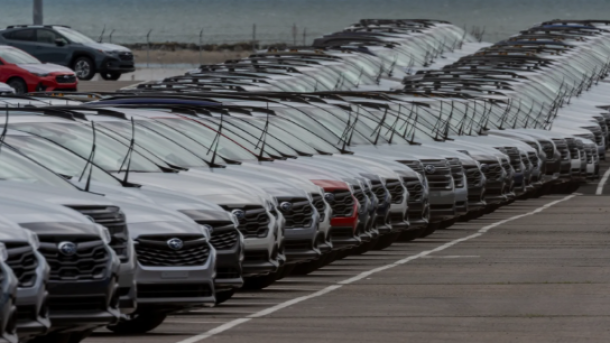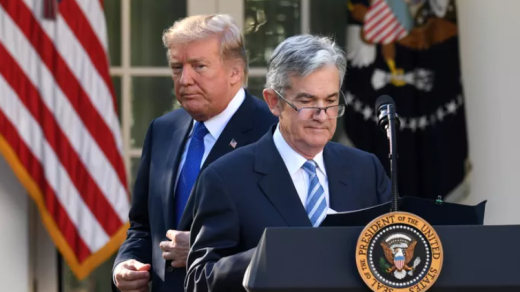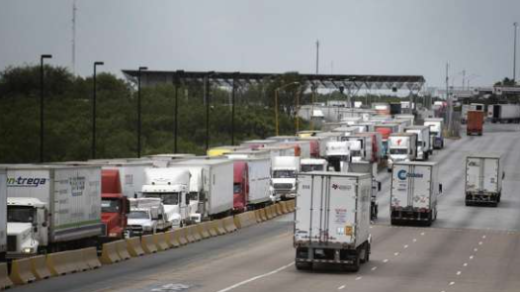The latest round of tariffs introduced by President Donald Trump, particularly those targeting the automotive industry, are expected to drive up living expenses and maintain inflationary pressures throughout the year.
Analysts predict that the newly imposed US car import taxes 2025 will significantly burden consumers. With a 25% tariff on imported vehicles announced on Wednesday, car buyers may face an additional $5,000 to $15,000 in costs for foreign-made cars priced between $20,000 and $60,000, according to a report from Goldman Sachs.
Even vehicles manufactured domestically could see price surges, as many are assembled using imported components also subject to these tariffs. Economists at Goldman Sachs estimate that cars produced in the U.S. could experience price increases of $3,000 to $8,000. Jefferies economists further predict that prices will climb an average of $7,600 for imported models and $3,800 across all vehicles.
While the White House argues that these tariffs will create fairer trade conditions and boost domestic manufacturing, economic experts express concerns over rising inflation and slowed economic expansion.
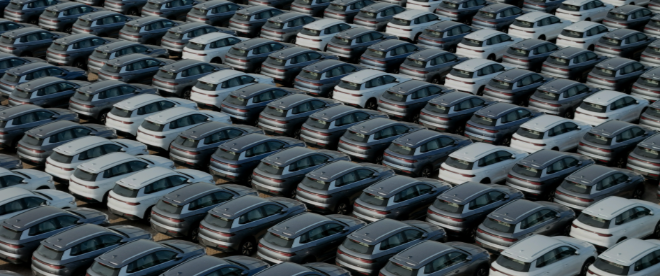
US Car Import Taxes 2025: How Consumers Will Feel the Impact
The extensive nature of these tariffs means that their effects won’t be limited to just new car purchases. Higher vehicle costs tend to ripple across the economy, increasing the likelihood of economic stagnation or a period of slow growth combined with inflation, commonly referred to as “stagflation.”
The Federal Reserve is also closely monitoring the impact of these tariffs. If inflation accelerates due to rising auto prices, the central bank may hesitate to lower interest rates, which would keep borrowing costs high for consumers seeking loans.
With economic indicators already signaling slower growth, the Fed’s usual response to a cooling job market would be to cut interest rates to stimulate activity. However, due to the inflationary pressures stemming from the US car import taxes 2025, policymakers may adopt a more cautious approach, avoiding excessive monetary easing that could further drive up prices.
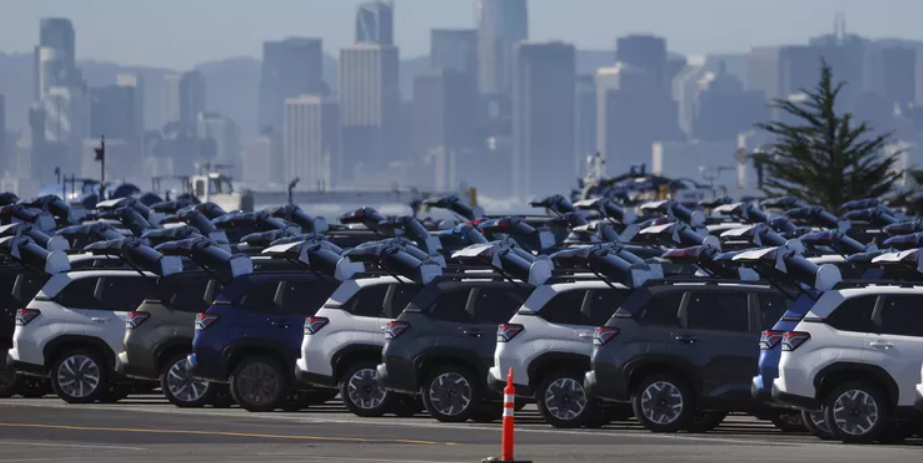
What’s Next for Auto Buyers and the Market?
The high tariff rate has left some analysts skeptical about its long-term feasibility. Experts at Wedbush suggest that these tariffs may serve as a negotiation tactic rather than a definitive policy, given Trump’s history of revising trade measures shortly after their announcement.
Investors and consumers alike remain on edge, awaiting further clarifications. The uncertainty surrounding these tariffs creates a volatile environment for the auto market, potentially deterring buyers and slowing overall vehicle sales.
As the US car import taxes 2025 take effect, their impact on car prices, inflation, and economic policies will be closely watched. For now, consumers should prepare for increased vehicle costs and shifting market dynamics in the months ahead.
Source:www.investopedia.com
